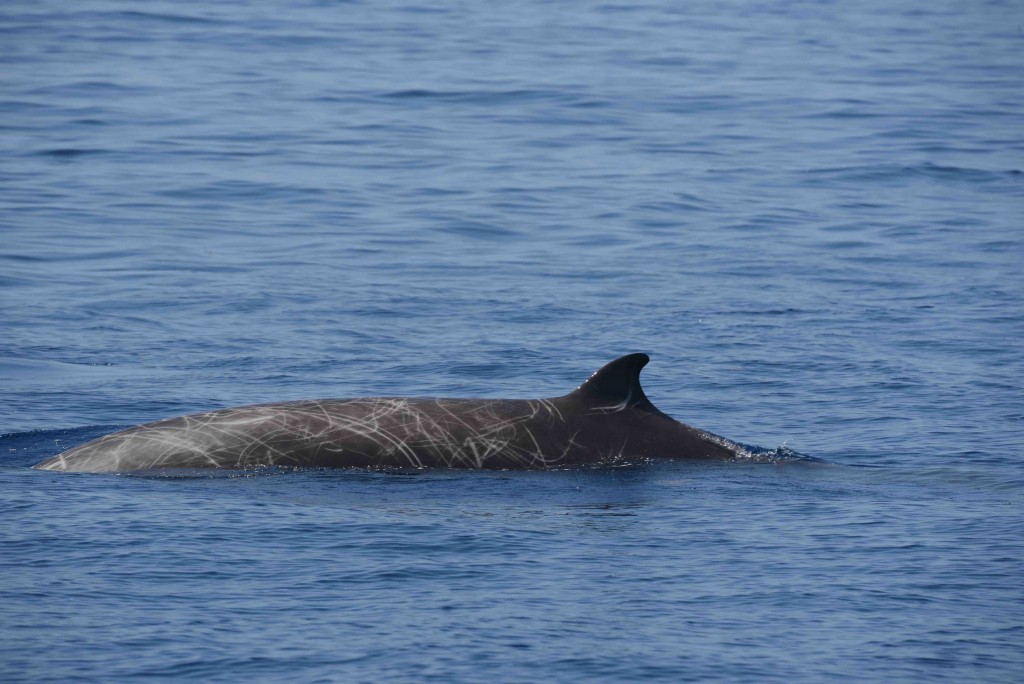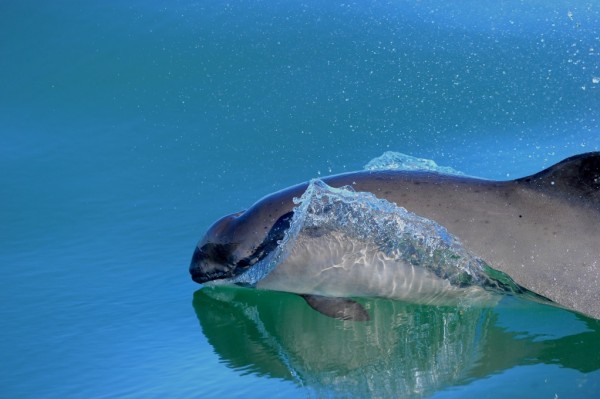Nicola Quick is the senior author on a new paper on the diving behavior of short-finned pilot whales published in Scientific Reports. We used Hidden Markov Models (HMM) to characterize states of diving behaviour and the transitions between states in short-finned pilot whales. We used three parameters (number of buzzes, maximum dive depth and duration) measured in 259 dives by digital acoustic recording tags (DTAGs) deployed on 20 individual whales off Cape Hatteras. The HMM identified a four-state model as the best descriptor of diving behaviour. The state-dependent distributions for the diving parameters showed variation between states, indicative of different diving behaviours. Transition probabilities were considerably higher for state persistence than state switching, indicating that dive types occurred in bouts. Our results indicate that subsurface behaviour in short-finned pilot whales is more complex than a simple dichotomy of deep and shallow diving states, and labelling all subsurface behaviour as deep dives or shallow dives discounts a significant amount of important variation. We discuss potential drivers of these patterns, including variation in foraging success, prey availability and selection, bathymetry, physiological constraints and socially mediated behaviour.
You may also like
We wrapped up our early summer field season this week with three excellent days off Cape Hatteras. Overall, we deployed 15 satellite-linked […]
Read the latest depressing news on harbor porpoise management in New England in an op-ed piece by Carl Safina and Andy on National […]
While Kim and Andy were in Boulder, we had lunch with Marc Bekoff, one of Kim’s early mentors and an expert on […]
We’re now almost half-way through our spring field season – we’ve been busy working off Cape Hatteras for the past two weeks. We have […]




